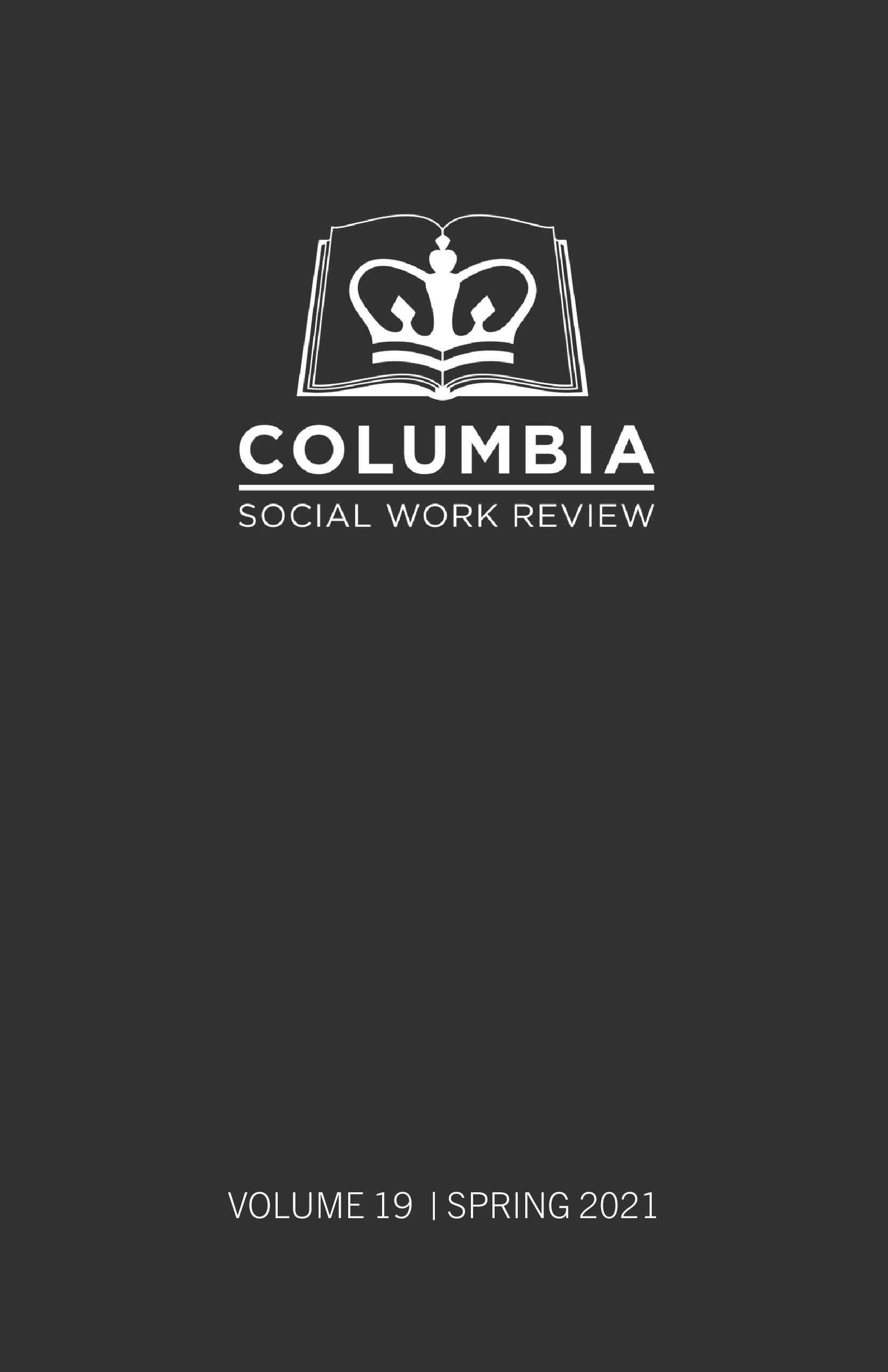Mind the Gap: Addressing Childcare Inequalities for Children and Caregivers
Main Article Content
Abstract
Formal childcare has been in crisis since its inception. Attempts at regulation and uniformity have been inadequate and culturally insensitive. Seen as a women’s issue, it is rarely at the forefront of policy. The topic has recently gripped the national stage due to the ramifications of the COVID-19 pandemic on the childcare industry and its effect on the middle class. While white families who struggle for childcare are currently receiving more attention, Black women and other women of color have been unsupported by the industry. The inadequacy of childcare in the United States upholds racism and sexism. The intersectionality of gender, race, and socioeconomic status plays a large part in the inequitable experiences for Black and Brown children and childcare workers in the United States. The lack of progress in this arena has stifled generations of children, given that research shows quality early childhood education is an optimal vehicle for upward mobility and is correlated with more stable and prosperous adulthoods.
Article Details

This work is licensed under a Creative Commons Attribution 4.0 International License.

